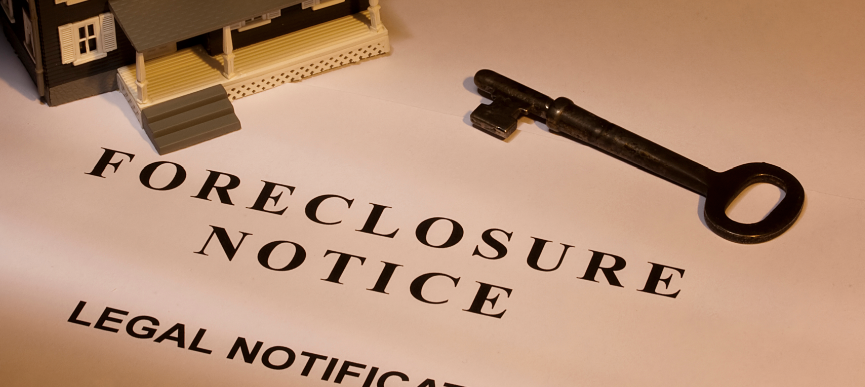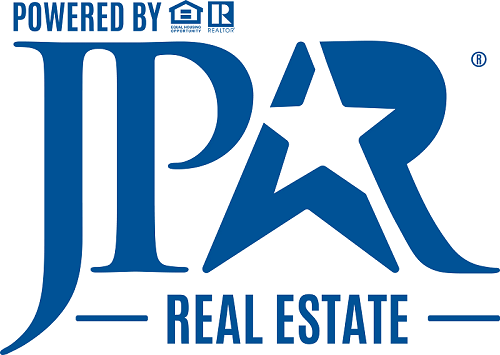
If you’ve gotten a foreclosure notice of default and want to know what the heck is going on, keep reading.
A foreclosure notice of default is an essential document filed by a lender to initiate the foreclosure process. This notice must be sent to all parties with an interest in the property, including other loan holders, lenders, and contractors owed money for work done on the property.
Additionally, the foreclosure notice of default must be published in a newspaper and prominently posted on the property itself. While this public disclosure can be embarrassing for homeowners facing foreclosure, it serves as a crucial consumer protection measure.
This process ensures that all stakeholders are informed and provides transparency, offering an opportunity for any interested parties to take appropriate action.
Back before US law required a notice of default, people were sometimes foreclosed on without any warning.
In fact, mistakes do happen—even in recent years, there have been instances where banks have accidentally foreclosed on the wrong property, evicting homeowners without due process or warning. Such errors have even occurred in Plano.
The notice of default is a critical step in the foreclosure process, allowing anyone with an interest in the property to come forward and assert their rights to the property before it’s too late. This safeguard ensures that all parties are aware and have the opportunity to respond appropriately.
If you’ve received a notice of default, don’t wait, don’t hesitate, react immediately. Time is of the essence, an immediate action is so important and crucial to protect your interests and explore your options. Remember, days wasted on the front end by not reacting you will certainly wish you had on the back end.
Here are a few key steps you should take:
1) Stay calm and don’t panic.
2) Educate yourself.
Learn everything you can about the foreclosure process in your state so that you know what’s happening and what’s coming up next.
3) Gather your resources.
In addition to personal strategies, numerous non-profit and government resources exist to assist individuals navigating foreclosure. Seeking sound legal and tax advice is crucial throughout the process, given its complexity and multitude of regulations. Attempting to manage everything independently can be overwhelming, time consuming, and risky. You will want to rely on professional guidance to ensure that clarity is provided and adherence to any and all necessary protocols is followed.
4) Learn your options.
We understand the challenges of home owners when facing foreclosure, and we’re committed to assisting you through this difficult time. Our cash buying program enables us to purchase houses swiftly, providing you with an alternative to foreclosure. Additionally, we specialize in short sales and rent-back arrangements, offering potential solutions that may allow you to remain in your home for a time after closing. It’s very important to explore all available options, and we’re here to guide you through the process and help you find the best solution for your situation.
5) Communicate.
The banks involved don’t want your property. They want money, and what you say matters a lot. You can slow down or stop the foreclosure process if you take the appropriate action.
Want to know more?


